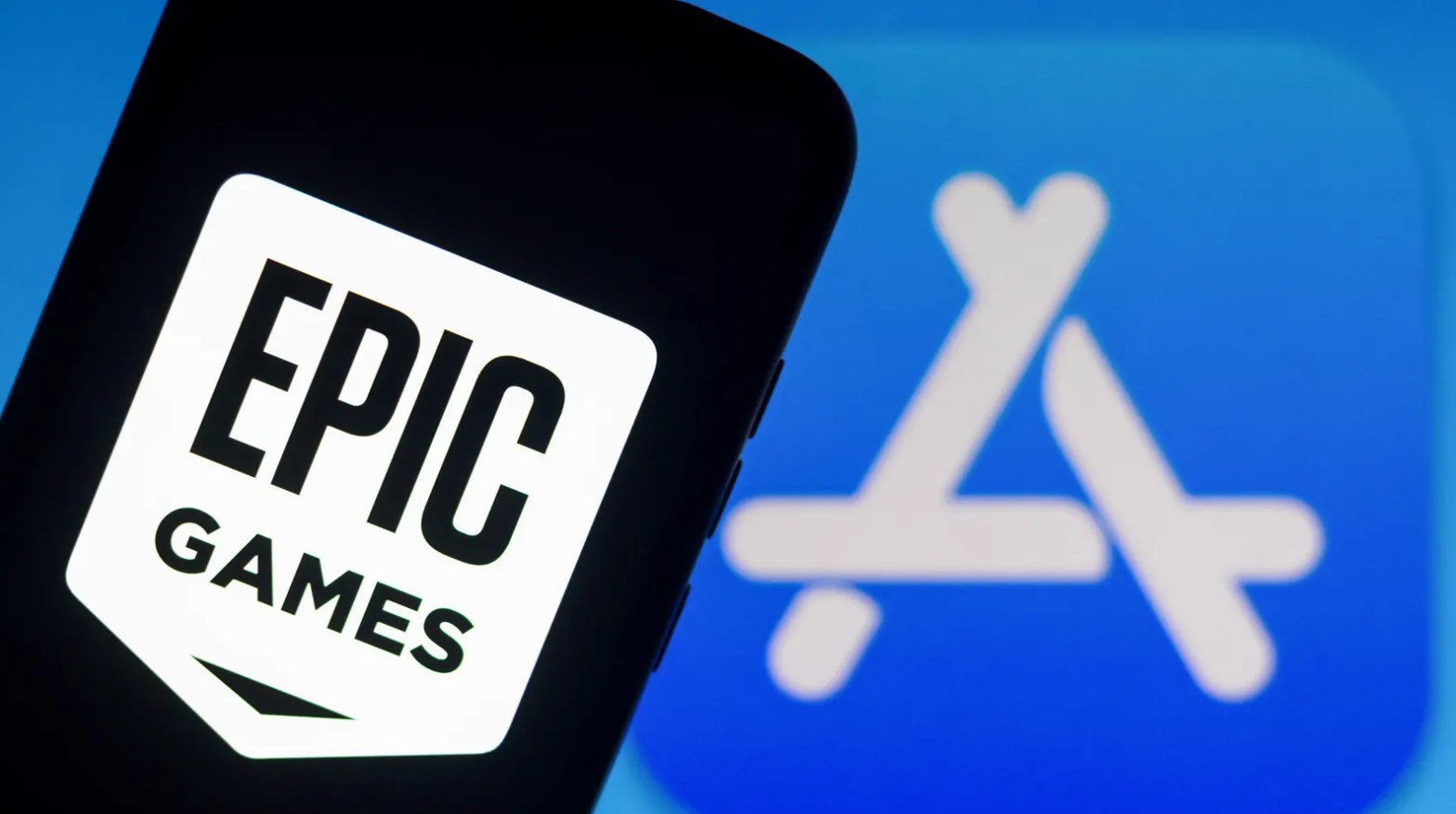On April 30, 2025, U.S. District Judge Yvonne Gonzalez Rogers ruled that Apple violated the court’s prior injunction concerning anti-steering provisions in its App Store policies. This latest ruling is a significant development in the high-profile legal battle between Epic Games and Apple, carrying substantial implications for the broader technology industry.
Judge Yvonne Gonzalez Rogers anchored her decision in established legal precedents concerning civil contempt and compliance with court injunctions. The judge’s analysis underscores a critical legal principle: compliance with an injunction requires more than superficial adherence; it demands genuine efforts to fulfill the court’s intent. This ruling sends a clear message to anyone attempting to preserve anticompetitive practices under the guise of compliance will not be tolerated.
Background of Epic v. Apple
In August 2020, Epic Games deliberately bypassed Apple’s App Store payment mechanism, implementing its own direct-payment system for the popular game Fortnite. Apple responded by removing Fortnite from its App Store, prompting Epic to initiate litigation alleging Apple’s policies were anti-competitive and violated federal and state laws.
On April 30, 2025, U.S. District Judge Yvonne Gonzalez Rogers ruled that Apple Inc. violated the court’s prior injunction concerning anti-steering provisions in its App Store policies. This latest ruling is a significant development in the high-profile legal battle between Epic Games and Apple, carrying substantial implications for the broader technology industry.
Judge Gonzalez Rogers based her decision on established legal precedents regarding civil contempt and compliance with court injunctions. Her analysis emphasizes that compliance requires more than superficial adherence; it demands genuine efforts to fulfill the court’s intentions. The ruling sends a clear message: attempts to maintain anticompetitive practices under the pretext of compliance will not be tolerated.
Background of Epic v. Apple
In August 2020, Epic Games intentionally bypassed Apple’s App Store payment mechanism by implementing its own direct-payment system within Fortnite. Apple responded by removing Fortnite from its App Store, prompting Epic to initiate litigation alleging Apple’s policies were anti-competitive under federal and state laws.
Judge Gonzalez Rogers issued a pivotal ruling in September 2021. She concluded that while Apple did not violate federal antitrust laws, its anti-steering rules—which prevented developers from directing users to alternative payment methods—violated California’s Unfair Competition Law. Accordingly, the court ordered Apple to allow developers to link users to external payment systems.
Both parties challenged aspects of this injunction, but the U.S. Supreme Court declined to review the case, leaving the injunction in effect.
Legal Precedents Supporting the Ruling
Judge Gonzalez Rogers’ contempt decision reflects fundamental principles from key precedents defining lawful compliance with court orders:
- United States v. United Mine Workers of America, 330 U.S. 258 (1947): This case established that parties must comply with court orders, even if the order is later invalidated, underscoring judicial mandates’ importance.
- GTE Sylvania, Inc. v. Consumers Union of the United States, Inc., 445 U.S. 375 (1980): The Supreme Court held that deliberate efforts to indirectly circumvent an injunction could constitute contempt, reinforcing the necessity of adherence to both the explicit terms and underlying intent of judicial orders.
Judge Gonzalez Rogers found Apple’s imposition of a 27% fee on external transactions and its use of deterrent messaging (“scare screens”) constituted deliberate attempts to undermine the 2021 injunction. These actions, according to the court, represented willful defiance rather than mere technical violations.
Implications for Developers and the App Store
This contempt ruling significantly impacts Apple’s App Store policies, potentially diminishing its control over in-app purchases and associated revenue streams. Developers now have enhanced freedom to direct users to alternative payment methods without incurring additional fees or encountering deterrent measures.
Strategic and Compliance Considerations
The ruling serves as a critical reminder for companies regarding strict adherence to judicial injunctions, particularly in platform governance and marketplace contexts. Companies must interpret court orders diligently, ensuring they align with both explicit directions and underlying judicial intent.
Practically, courts appear increasingly willing to rigorously enforce compliance, especially in cases involving significant market impact. In-house legal teams should rigorously review compliance frameworks and corporate communications following injunctions to ensure full alignment with judicial intent.
Apple’s Planned Appeal
Apple immediately signaled its intent to appeal the contempt ruling to the Ninth Circuit Court of Appeals. While specific arguments remain undisclosed, Apple’s defense will likely revolve around the interpretation of the injunction and permissible actions taken for compliance.
Conclusion
The Epic v. Apple contempt ruling highlights the judiciary’s assertive stance on compliance enforcement in significant technology litigation. For technology companies and in-house counsel, this underscores the necessity of robust compliance strategies and clear internal communication to avoid judicial sanctions.
As the industry awaits the outcome of Apple’s appeal, companies must reassess and potentially strengthen their compliance measures, especially regarding platform governance and market restrictions, to mitigate similar risks.
By Charles Gideon Korrell

